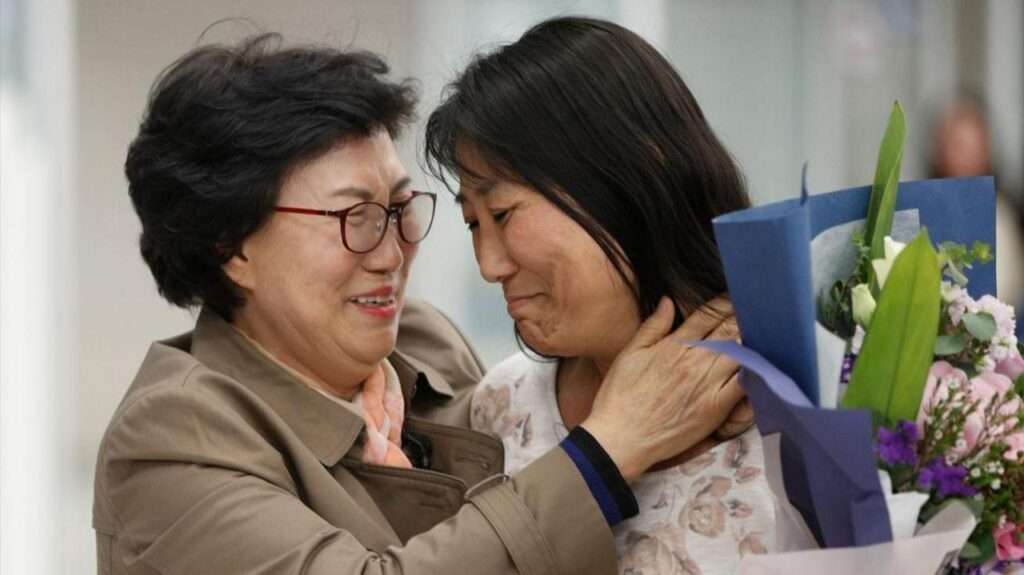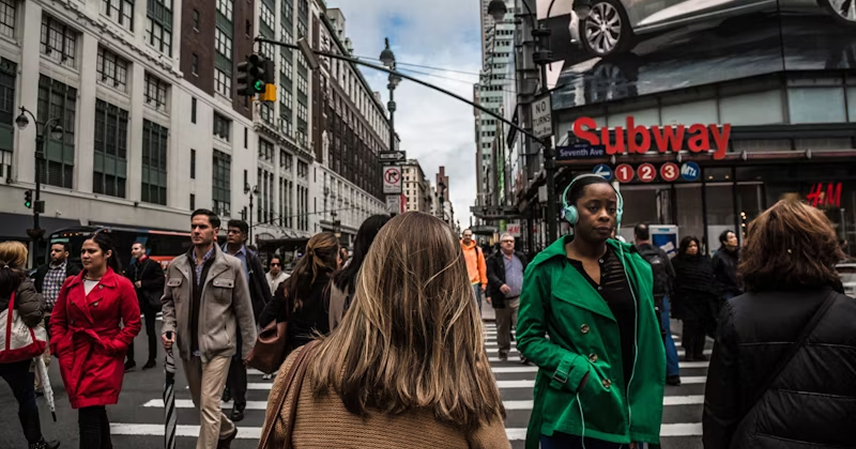Seoul, May 26, 2025 — A South Korean woman has been reunited with her daughter after 44 years of separation, thanks to a DNA match made possible by a nonprofit organization committed to reconnecting families affected by international adoptions. The emotional meeting has drawn attention to South Korea’s complex adoption history and the need for systemic reforms.
In 1975, Han Tae-soon experienced every parent’s worst nightmare when her six-year-old daughter, Kyung-ha, vanished while playing outside their home in Seoul. Han had briefly gone to a nearby market, and upon returning, discovered her daughter was missing. Despite years of searching through orphanages and broadcasting public appeals, no credible leads emerged.
Decades later, in 2019, Han’s DNA was matched with that of Laurie Bender, a nurse residing in California. The match was identified by 325Kamra, a volunteer-run organization that helps South Korean adoptees trace their biological families. Bender, who had been adopted as a child and raised in the United States, was unaware of the circumstances of her adoption.
Their reunion in Seoul brought a wave of relief and closure for both women. After four decades apart, the mother and daughter embraced, sharing their story with the world as one of perseverance, hope, and the enduring connection between family members.
Han’s journey is one of many that highlights longstanding issues in South Korea’s overseas adoption system. In the aftermath of the Korean War, South Korea began facilitating international adoptions, which peaked in the 1980s. While the initiative was seen as a solution for orphaned children, a growing number of adoptees and biological parents have alleged that children were taken without proper consent or were misidentified as orphans.
Han is now taking legal action against the South Korean government, asserting that her daughter was wrongfully adopted abroad without her approval. Her case forms part of a broader effort by affected families seeking justice and institutional accountability. The lawsuit aims to shed light on possible irregularities in the documentation and handling of adoptions during that era.
The powerful reunion has sparked renewed discussion around the ethics of international adoption and the role of governmental oversight. Advocacy groups continue to push for legislative changes, demanding greater transparency and support for adoptees attempting to locate their birth families.
Han and Bender’s story, though deeply personal, resonates with many other families still searching for answers. With the help of DNA technology and community-driven organizations, long-lost relatives are increasingly finding their way back to each other. Their reunion stands as a symbol of hope for those still navigating the aftermath of separated childhoods.



